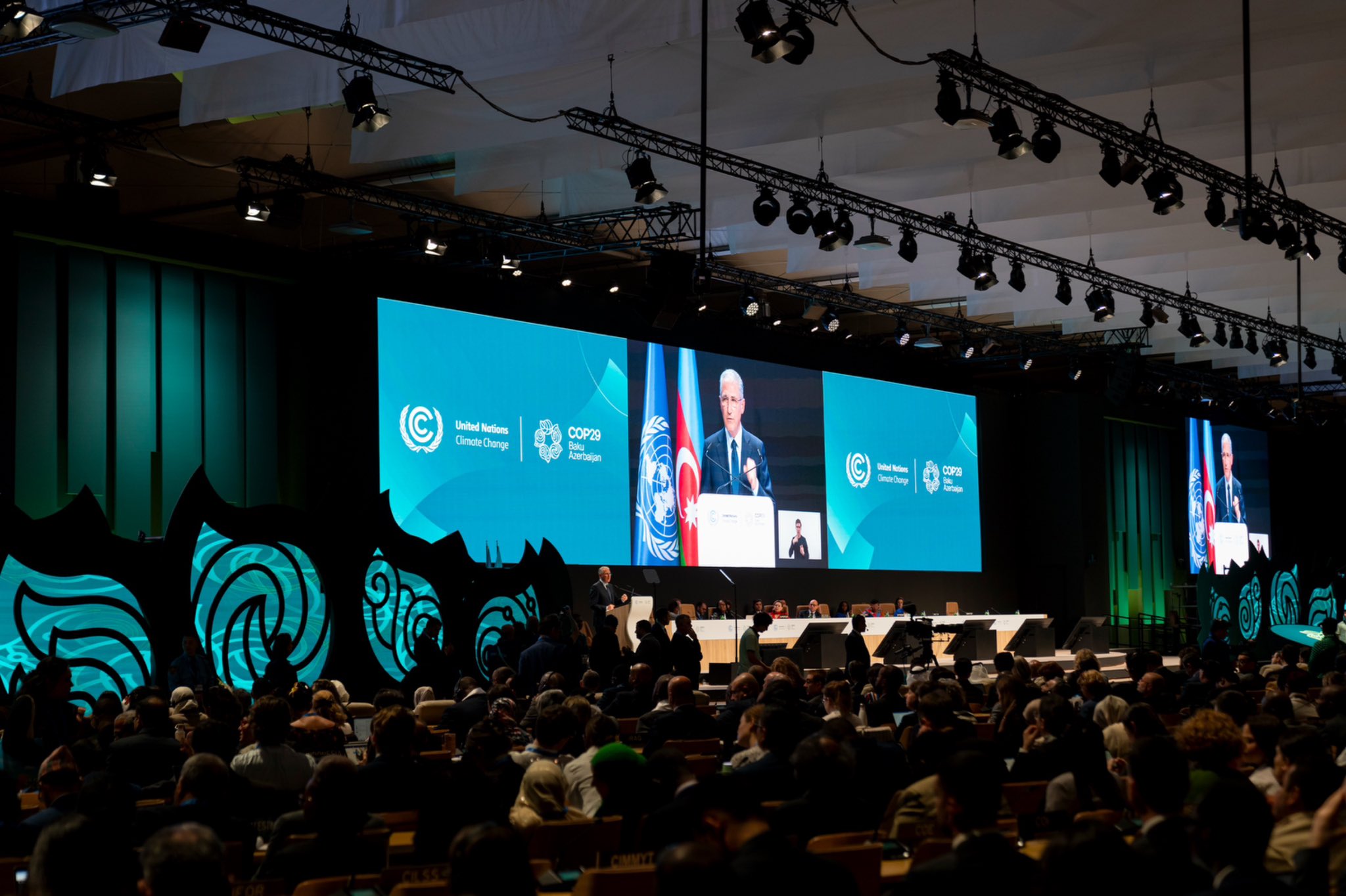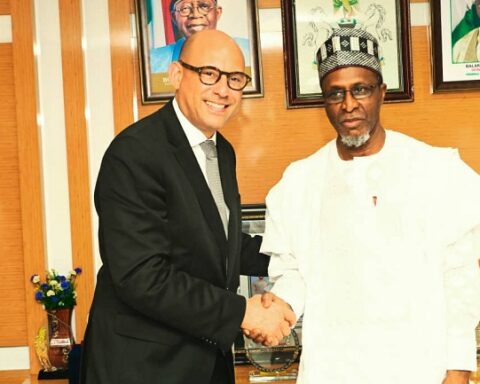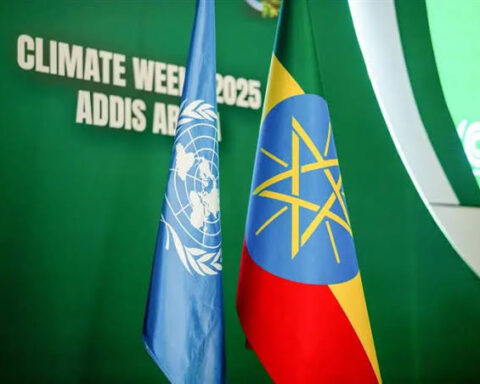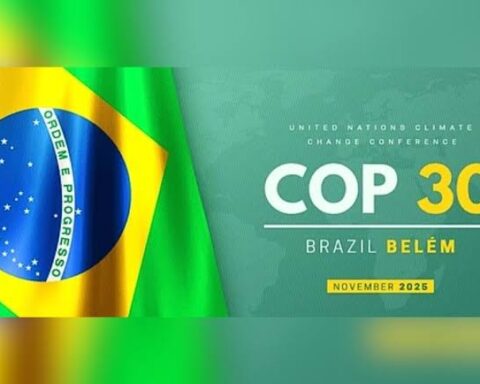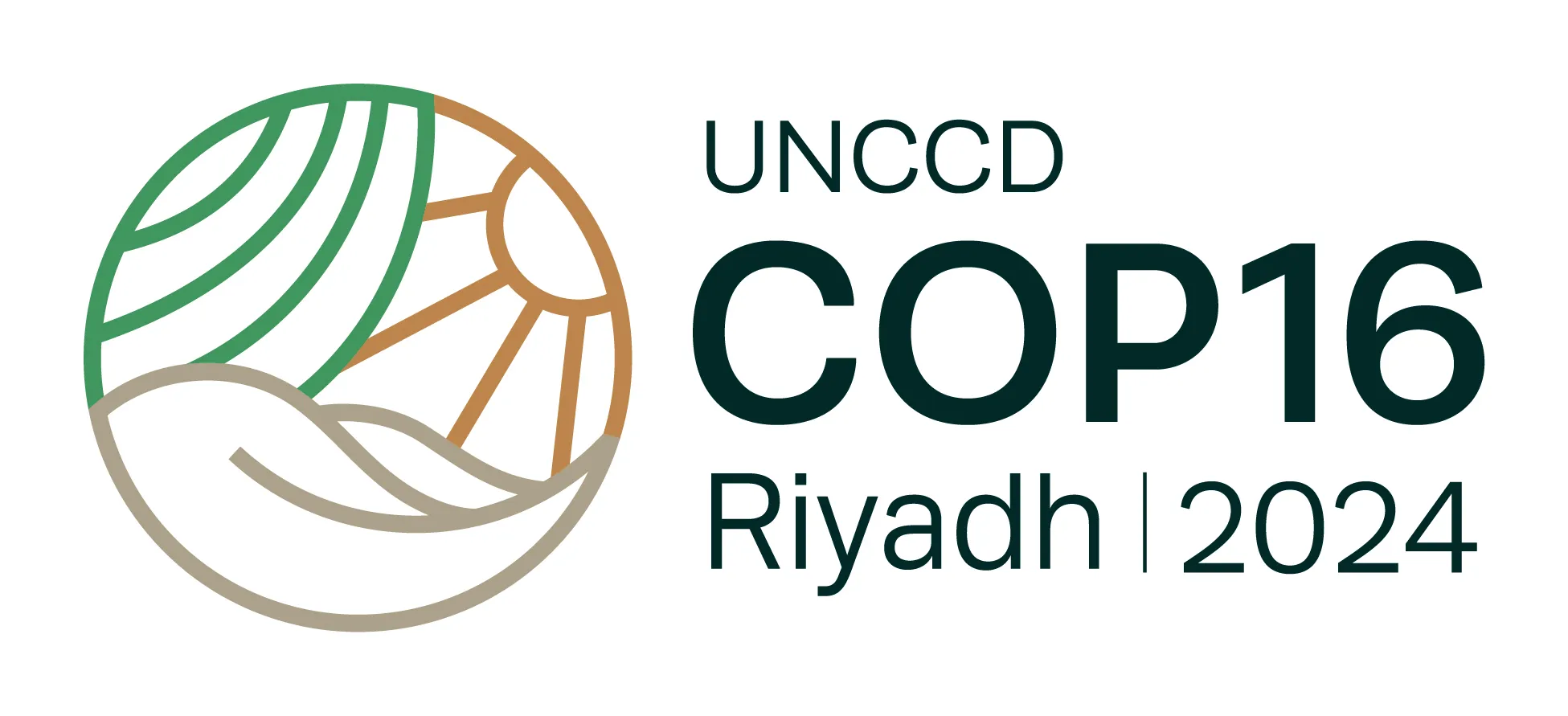The UN Climate Change Conference (COP29) concluded today in Baku, Azerbaijan, with a major new agreement aimed at helping countries, especially in the Global South, protect their people and economies from climate disasters while also benefiting from the clean energy revolution.
With a strong focus on climate finance, nearly 200 countries gathered at COP29 and agreed on a groundbreaking deal that will:
Triple Public Finance for Developing Countries: The new target is to increase public finance for developing nations from USD 100 billion annually to USD 300 billion annually by 2035.
Scale up Financial Support to USD 1.3 Trillion Annually: The agreement also calls for the combined efforts of public and private actors to mobilize USD 1.3 trillion each year by 2035 to support climate actions in developing countries.
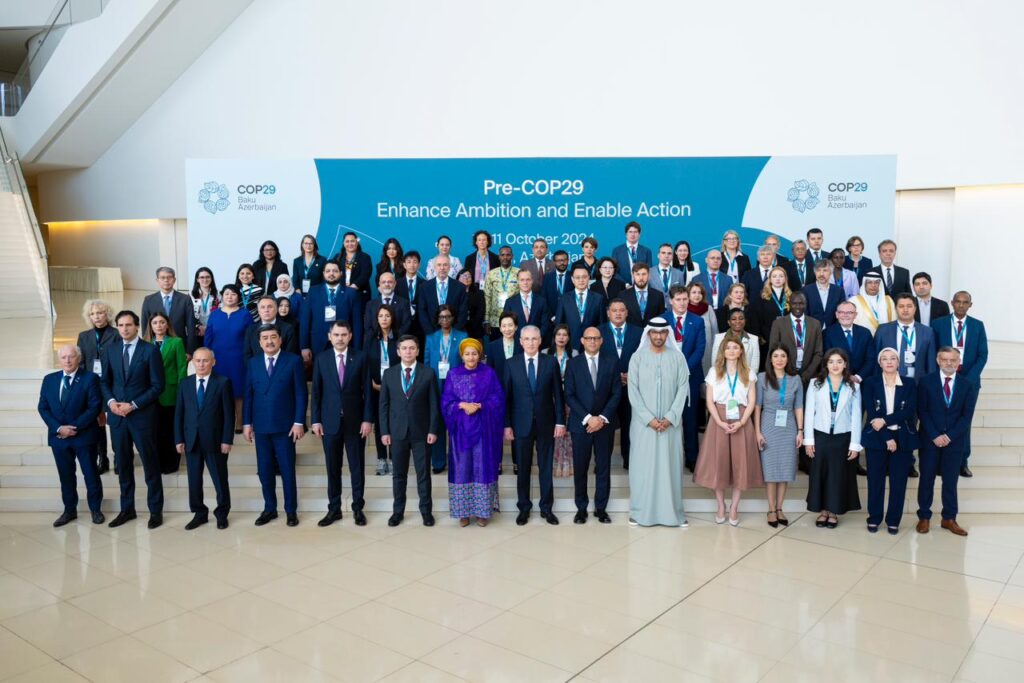
This deal, known as the New Collective Quantified Goal on Climate Finance (NCQG), was reached after two weeks of intense negotiations, building on several years of preparatory work.
It marks a significant step forward in global climate action, as every participating nation had to unanimously agree on its terms.
Simon Stiell, Executive Secretary of UN Climate Change, described the new finance goal as “an insurance policy for humanity” amid worsening climate impacts hitting countries worldwide.

He emphasized that for the agreement to succeed, “premiums must be paid in full and on time.” He further warned that countries must stick to their promises to protect billions of lives.
He added, “This will keep the clean energy boom going, helping all countries share in its huge benefits: more jobs, stronger growth, cheaper, and cleaner energy for all.”
The International Energy Agency (IEA) also highlighted that global clean energy investments are set to surpass USD 2 trillion for the first time in 2024, marking a significant shift towards a cleaner energy future.
Building on Previous Agreements
The new finance goal at COP29 builds on important achievements from earlier climate summits, including COP27, which established the historic Loss and Damage Fund, and COP28, where a global deal to transition away from fossil fuels and accelerate renewable energy was reached.
For the first time in COP history, an agreement on carbon markets was also achieved at COP29, a critical step forward in ensuring countries can meet their climate goals while stimulating green investments.
These agreements are expected to help countries implement their climate action plans more effectively, accelerating progress towards halving global emissions this decade as outlined by climate science.
More Work Needed, Says UNFCCC Secretary
Despite these advancements, Simon Stiell acknowledged that the agreement reached in Baku did not meet all of the countries’ expectations.
He stressed that much more work is needed, particularly on key issues that are vital for future climate actions.
“No country got everything they wanted, and we leave Baku with a mountain of work to do,” said Stiell.
“The other issues we need to tackle may not make the headlines, but they are lifelines for billions of people.
So, this is no time for celebration; we need to keep pushing forward, with our sights set on next year’s conference in Belem.”
The finance deal at COP29 comes as countries are expected to submit stronger climate plans (Nationally Determined Contributions, or NDCs) next year.
These plans must address all greenhouse gases and sectors to keep the 1.5°C global warming target within reach.
Notably, two major G20 countries, the UK and Brazil, signaled their intentions to ramp up climate action in their upcoming NDCs.
This move is seen as critical for their economies and the well-being of their people.
A Long Road Ahead, But Progress Made
Simon Stiell acknowledged that while the road to full climate action remains long, the agreements made in Baku mark an important step forward.
“The UN Paris Agreement is humanity’s lifeline; there is nothing else,” he said. “Together, in Baku and across all the nations involved, we are taking that journey forward.”
As the global community continues to fight climate change, COP29 has laid the foundation for a stronger and more inclusive future where no country is left behind.
By Dare Akogun


